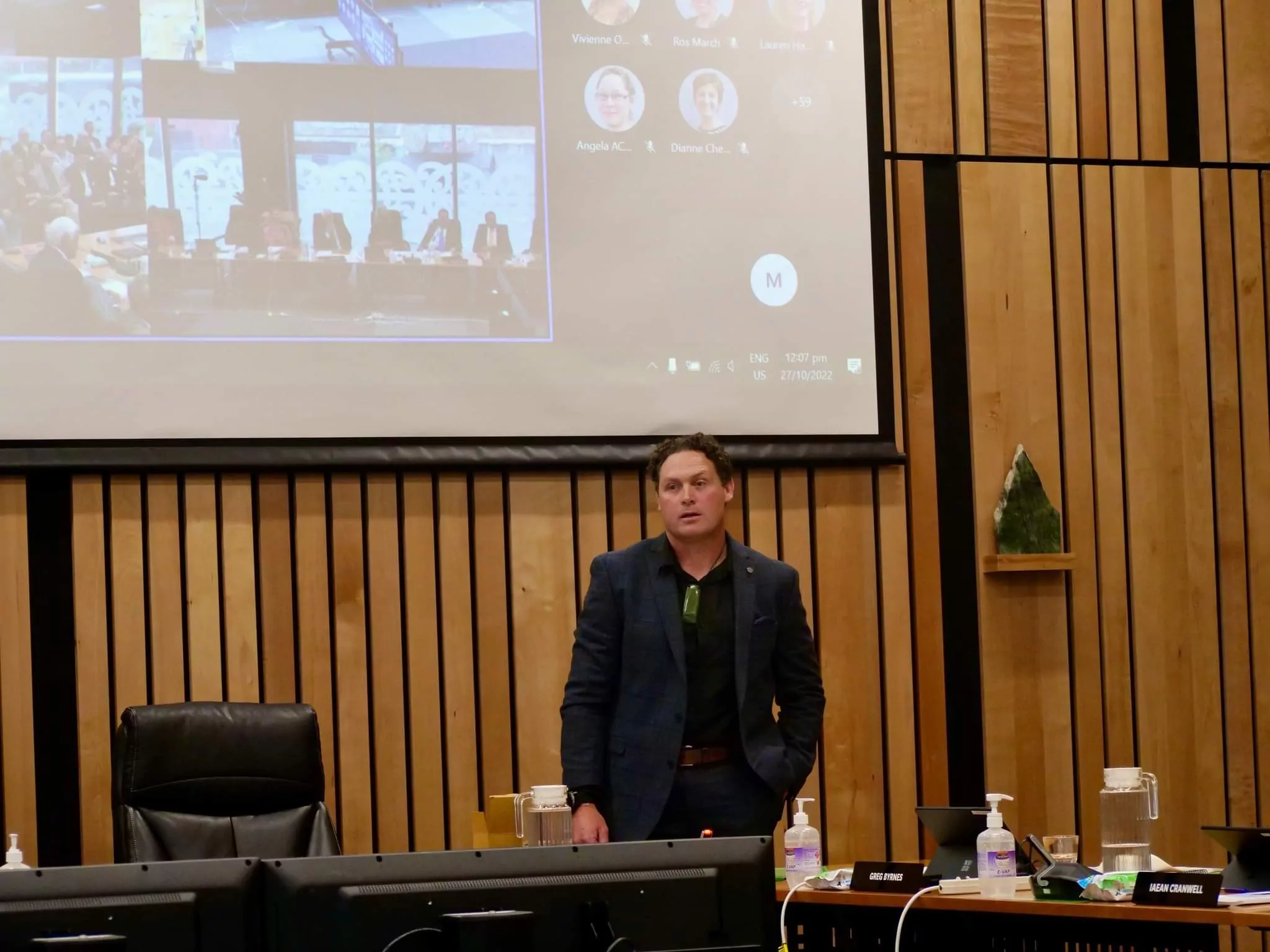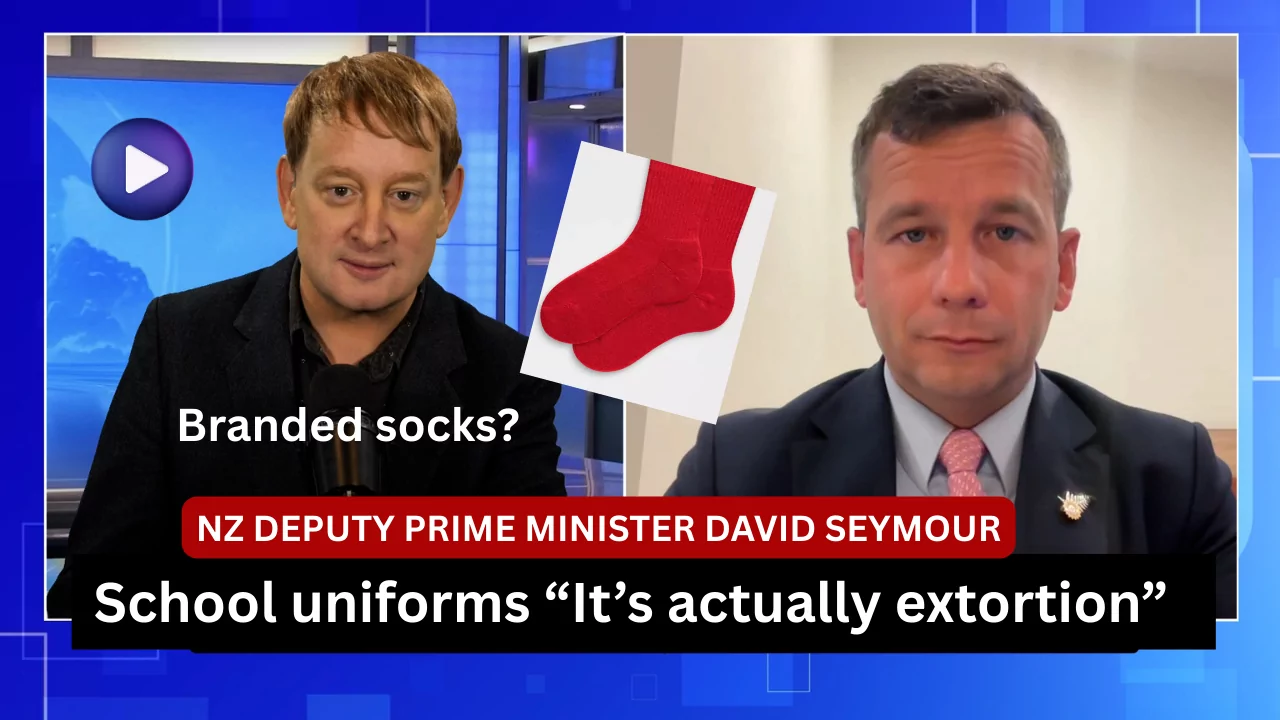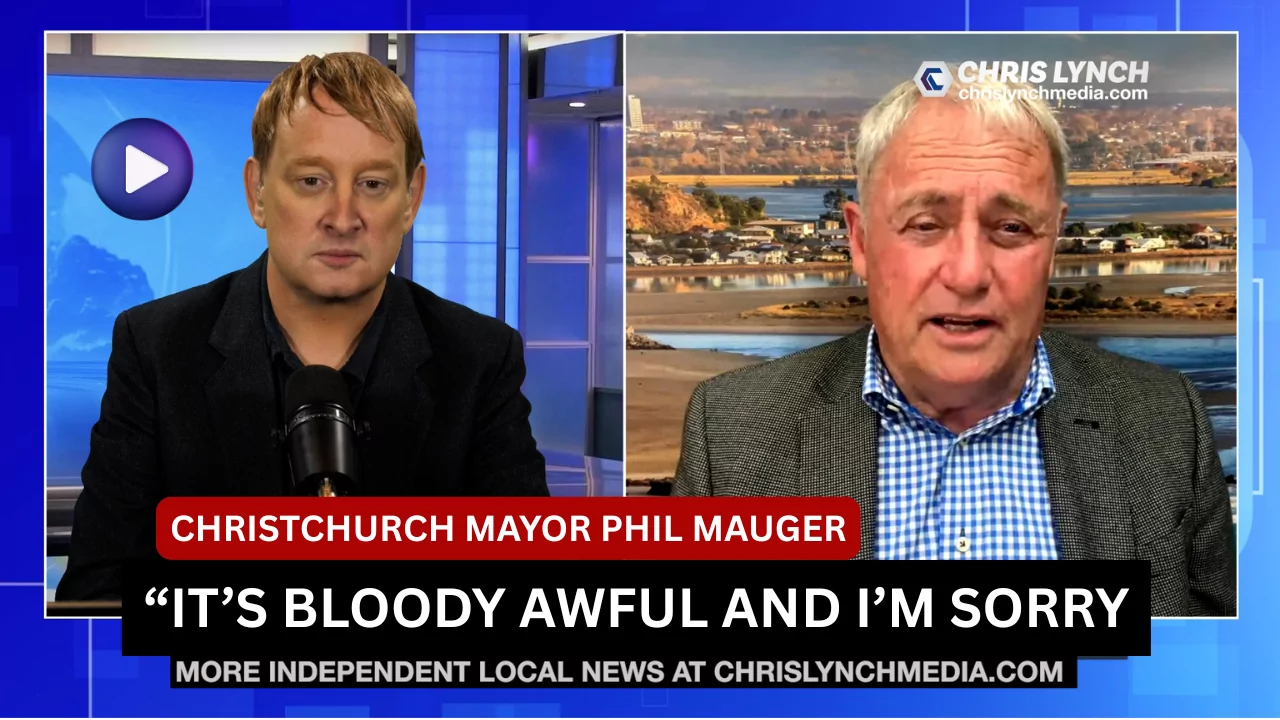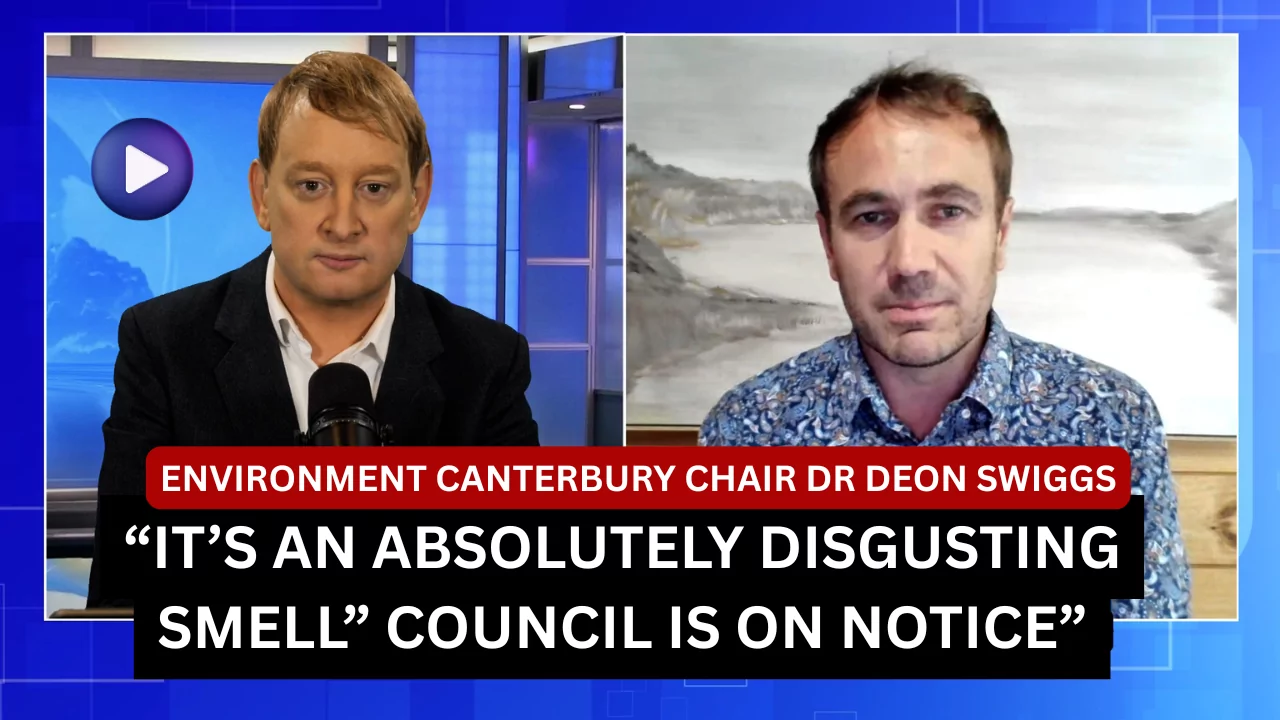Escaped youth tracked by Eagle helicopter, found hiding in New Brighton
The young person who escaped from a youth justice facility in Rolleston has been located...
Outgoing Environment Canterbury Chair Craig Pauling said he chose to step down primarily for personal reasons rather than political ones.
Pauling, who became chair of the regional council late last year, said he wanted to return to environmental advisory work after decades of involvement in governance and policy.
“I have just got a few things that I really want to move on with in my life. I am keen to do some mahi, some work that I used to do in the environment space. So I am advising and consulting. I think there is a role for me in that space. That has been my main focus at the moment, just trying to get a job actually,” he said.
Environment Canterbury, known as ECan, is responsible for Canterbury’s public transport, air and water quality, flood protection, river management, and harbourmaster functions.
The council has faced uncertainty this year after the government raised the prospect of scrapping or restructuring regional councils as part of resource management and local government reforms.

Outgoing Environment Canterbury Chair Craig Pauling / Facebook
When asked whether the political climate influenced his decision, Pauling was clear.
“Not really, Chris. The overreach into a number of areas into local government has been a bit frustrating, but it is definitely not the reason why I am stepping down. I have just got things that I really want to get on with and move on to. That is the overriding reason,” he said.
Pauling pointed to pressure from the Government on several fronts, including attempts to have councils scrap Māori wards and representation. He said Environment Canterbury had reaffirmed its position to retain Ngāi Tahu representation.
“I mean, some of them have not affected us directly, but they are frustrating nonetheless, like Māori wards, that sort of space. That is one example of overreach. Obviously, we have got our Ngāi Tahu Representation Act, and we were asked to repeal that.
“We politely said, we are good, thanks. We took that to council and got that support from our council. That is an example where we made that decision locally, democratically, amongst our council here, so I think that should remain. I think that is a good principle. We got that confirmation, apart from one councillor, but 15 out of 16 is not bad, I would suggest.”
Pauling acknowledged government reforms had created instability across the sector.
“The uncertainty is definitely tough at the moment for councillors, but also probably our staff, I would imagine. That is a real tough one if you are working in the regional council sector and you are hearing ministers, prime ministers dropping the regional council bomb around the place. I do not think that is helpful, especially when there is no real plan and no real analysis that has been done,” he said.
To prepare for possible reforms, Pauling said Environment Canterbury had already conducted its own work on the future of regional and local government.
“We realised that this resource management and local government reform space was the most critical issue for our council.
“The council developed four possible options for the structure of local and regional government, and we have shared that with everybody, including the media, ministers, mayors and elected members,” he said.
Pauling confirmed he had written to Housing Minister Chris Bishop, who is overseeing the government’s resource management reforms, but had not been able to secure a meeting.
“I followed up that discussion with a letter asking him if he would like to meet, and he was keen, but he has since written back to me and said that he has not got time to meet at the moment. I am just going to write back to him in the next couple of weeks with some considerations that he will hopefully think about,” he said.
Regardless of the government’s eventual decisions, Pauling said Environment Canterbury’s functions would still need to be carried out.
“We run the public transport services. We look after all the flood and natural hazard work on all of our major rivers. We do the Harbour Master role, as well as planning and consenting for natural resources, water and air. There is a big job to be done. Someone is still going to do that regardless of what the government is going to do,” he said.
Pauling also spoke about the Greater Christchurch Partnership, which brings together councils, mana whenua, central government agencies and transport bodies. A recent review found it had “lost political confidence.”
“Any partnership is not easy because you have lots of different voices around the table. The report showed that we were really good post earthquake and we did a lot of awesome work when we were focused. More recently we did the Greater Christchurch Spatial Plan and that was really successful. But then when you have finished a piece of work like that, it is those gaps in between,” he said.
“The good thing about what the review said is none of the four options was about ending it. It was about being better and continuing to look to be better. That was a really good outcome,” Pauling said.
As for his own political future, Pauling left the door open.
“I am really focused on finishing the rest of this term with Environment Canterbury.
“Obviously my focus is to get a job, because I will not have an income on October the 11th. I am not going to rule it out. That is something that I am interested in. I am keen to contribute to our country, especially Canterbury. They are my home and I want to see us make good decisions into the future,” he said.


